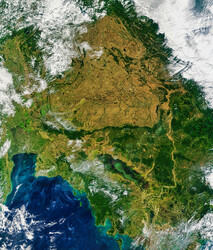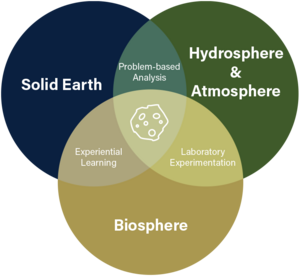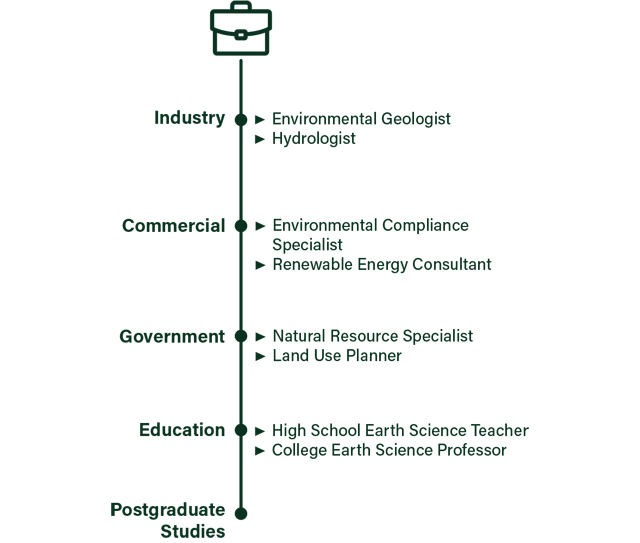 Earth System Science encompasses the diverse interactions among the planet’s solid, liquid, and gaseous components. This essential field involves the study of the nature and evolution of our planet, enabling a greater understanding of pressing issues like climate change, natural resource management, and natural hazard mitigation.
Earth System Science encompasses the diverse interactions among the planet’s solid, liquid, and gaseous components. This essential field involves the study of the nature and evolution of our planet, enabling a greater understanding of pressing issues like climate change, natural resource management, and natural hazard mitigation.
Studying Earth System Science
This Major offers students a comprehensive understanding of the complex interactions among the planet’s multifaceted components. Through an experiential learning environment, students cultivate critical thinking, effective communication, and problem-solving, equipping them to address pressing global concerns such as natural resource management and hazard mitigation.
Major Highlights
- Core courses focus on understanding the Earth’s internal and external systems and their intertwinements in time and space and human impacts
- Diverse array of topics covered:
- Biogeochemical cycles, climatic systems, oceanatmosphere interaction, hydrosphere, weathering processes, and the sustainable development of mankind

Curriculum
| Major in Earth System Science (96 credits) |
| > | Fosters diversification of students’ educational pursuits, enabling them to explore additional fields that align with their career objectives |
Career Prospects
Earth System Science graduates have a deep understanding of the planet’s interactions and are skilled in addressing global issues. The expertise opens doors to careers in resource management, hazard mitigation, green industries, and education. They are well-positioned for success in various sectors, leveraging their transferable skills acquired through experiential learning.
Hear from Our Student

Chi Hang HUI
BSc graduate (major in Earth System Science)
‘One of the highlights of my studies was a series of overseas field trips, where I embarked on journeys to remote places. Scientific knowledge was not the only asset I gained from my studies, as the Earth System Science Major provided me with a holistic experience.’


